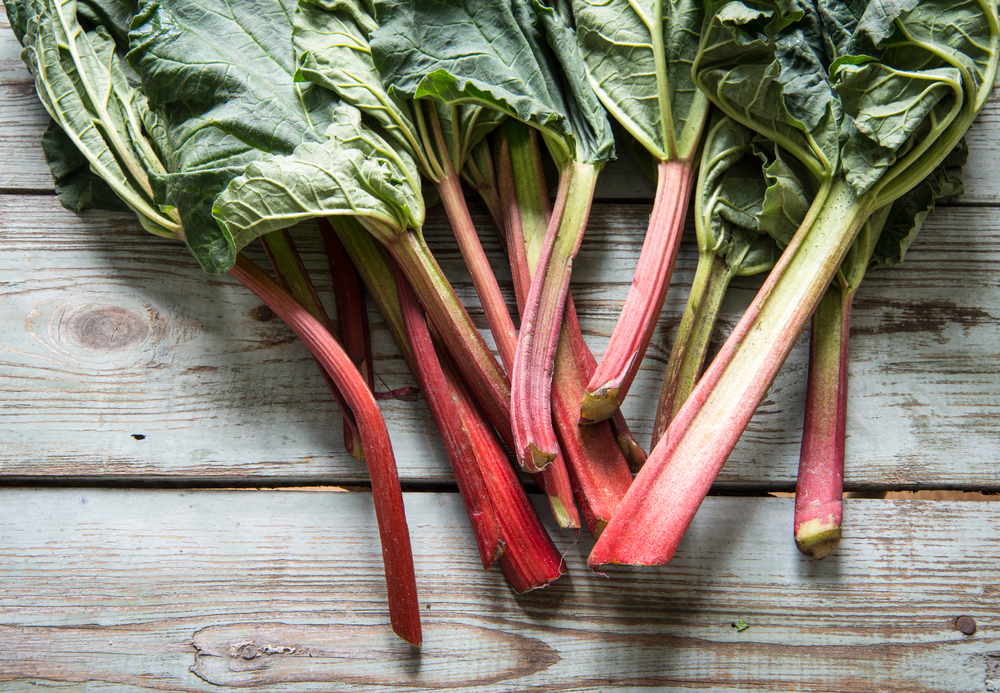
Eating delicious, nutritious food is one of the most enjoyable things that we do. When we sit at a table and share food, we share more than just the food items on our plates. Food is a powerful tool that we use in so many ways, from celebrating life’s events to brokering peace deals between nations.
Food has a tremendous effect on our lives from the moment we are born, and some foods have a much greater effect on our bodies than we think. While foods like chocolate give us a boost of serotonin that makes our brains happy, and ginger settles aching stomachs, there are some foods have some very weird side effects on our bodies and minds.
Though they may give your body some strange reactions, these foods are just as healthy and tasty as they ever were, so don’t cut them off your grocery lists anytime soon.
Asparagus
This green stalk vegetable is hands-down one of the most appetizing treats you can add to a dinner plate. Whether grilled or served crispy from the oven, asparagus is always an appreciated side dish that everyone loves to eat. It isn’t until a few hours later that you may notice the side effect of eating all that asparagus.
Asparagus contains a sulfur compound called methanethiol (or mercaptan) that can make your urine smell pretty funky. When the methanethiol hits your digestive system, some of the foul-smelling compound is released through your urine.
The good news is that not everyone has the dreaded post-asparagus urine smell. Whether or not your gut has the smell reaction all comes down to your inherited genes. For those few lucky individuals, there is no smell at all, just the memory of all that yummy asparagus.
Rhubarb
Everyone knows that rhubarb leaves are poisonous, but few people know that eating too much rhubarb and strawberry pie can color your world more than you ever thought possible. Anthocyanin, the pigment that gives rhubarb its signature red color, can also turn your urine red or pink.
Along with rhubarb, blackberries also contain anthocyanin, so remember what you ate for dessert before you call your doctor in the morning!
Nutmeg
You would be hard-pressed to find a person who doesn’t love a touch of nutmeg in their food. Nutmeg is a terrific and healthy spice, and it is loaded with antioxidants, can improve your skin’s health, soothe an upset stomach, and studies have shown that it may even boost cognitive function as well.
The kitchen spice that makes pumpkin pie perfect and is the key ingredient to delicious browned butter is perfectly harmless in small quantities. Eating large quantities of raw nutmeg all at once, however, can have a not-so-great effect on your brain. Too much nutmeg has been known to cause hallucinations and severe headaches.
Meat
Have you ever been at a barbecue and witnessed something that you can’t quite explain around the grill? Inevitably, if there is a man doing the meat grilling, every other man at the party will be almost hypnotically-drawn to the grill too so they can, well, watch the meat.
What is it about meat that draws intently draws men to swarm around it that seems to have little to no effect on women? As it turns out, just the sight of meat, even in picture form, calms men down. In study after study to figure out why this is, research suggests that it all comes down to primal male instincts to hunt.
When presented with meat, whether on the grill in your backyard or in a commercial for a new steakhouse in your neighborhood, men’s brains become slightly sedated because the brain feels as though it has tackled the challenge of capturing meat, and is rewarded with calm feelings that go along with the perceived success. Simply put, at the sight of meat, men do not feel a need to be aggressive or animalistic.
Beets
We’ve all eaten beets and forgotten about them, only to be sent into a panic after a visit to the toilet when we discover that the bowl is a scary shade of crimson. Beets inevitably turn bowel movements a terrifying shade of red. The same goes for urine, which beets can turn from yellow to pink or red.
While everyone knows this colorful side effect of beets, what many don’t know is that only 14% of the population has that color change happen to them every time they eat beets due to an inherited gene. For the remaining 86% who only have their releases dyed occasionally, beeturia, as the color change is called, is a warning sign that you may be anemic. If you have experienced a sudden run of beeturia, you should speak with your doctor about your body’s iron levels.

